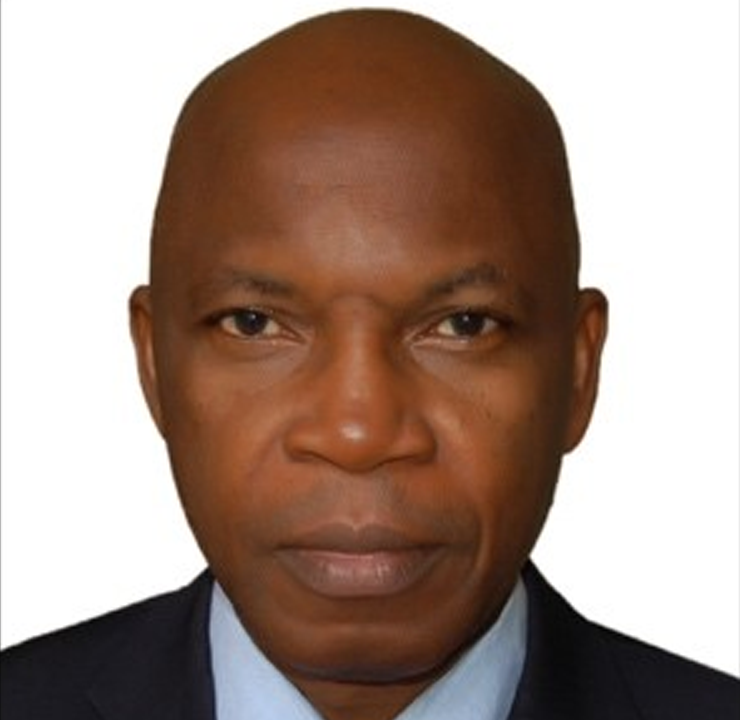Summary
Knowledge gap: Data Science is a rapidly growing field that interrogates big data from numerous sources with high-performance computing and novel algorithms to develop generalizable knowledge and generate actionable insights. Data science has the potential to transform health research and improve our understanding and management of diseases. It presents huge opportunities for the application of novel methods and technologies to solve many healthcare challenges facing the African people. However Data Science Health Research DSHR presents significant ethical, legal and social implications (ELSI) which require concerted attention of stakeholders in this rapidly evolving field in Africa.
Novelty of method: In this project, the authors set out to evaluate current governance frameworks for DSHR in Nigeria, survey key stakeholders on current and emerging ELSI of DSHR in Nigeria, work with the stakeholders to develop novel governance frameworks, and implement short and medium-term training and mentoring in research ethics, data science and general research capacity building for DS health researchers and ethics committees.
Novelty of results: In this first work, we discuss the unique possibilities and opportunities of DSHR and the ongoing collaborative efforts to promote data science and also build ethical governance frameworks for data science health research in Africa.
Impact: Huge capital and infrastructural investments are currently committed to developing data science and DSHR capacity in Africa. Governments and policy makers should pursue policies to enhance full establishment of Africa on the data science landscape. Data scientists are to develop and implement technologies that are relevant and adapted to the contexts in which they would be used in Africa. It is critical that a robust governance and regulatory framework for DSHR be developed across Africa by improving institutional and national health research ethics governance infrastructure and establishing culturally and resource-level appropriate national laws, guidelines, and regulations, among others. Everyone is a stakeholder in DSHR, therefore, everyone has a role in development of the most efficacious governance frameworks for it.
Authors
Professor Clement A. Adebamowo: Department of Epidemiology and Public Health, and Greenebaum Comprehensive Cancer Center, University of Maryland School of Medicine, Baltimore, MD, USA; Department of Research, Center for Bioethics and Research, Ibadan, Nigeria
Professor Shawneequa Callier: Department of Clinical Research and Leadership, School of Medicine and Health Sciences, The George Washington University, Washington DC, USA; Center for Research on Genomics and Global Health, National Human Genome Research Institute, National Institutes of Health, Bethesda, MD, USA
Professor Simisola Akintola: Department of Business Law, Faculty of Law, University of Ibadan, Ibadan, Nigeria; Department of Bioethics and Medical Humanities, Faculty of Multidisciplinary Studies, University of Ibadan, Ibadan, Nigeria; Department of Research, Center for Bioethics and Research, Ibadan, Nigeria
Dr. Oluchi Maduka: Department of Research, Center for Bioethics and Research, Ibadan, Nigeria
Professor Ayodele Jegede: Department of Sociology, University of Ibadan, Ibadan, Nigeria; Department of Bioethics and Medical Humanities, Faculty of Multidisciplinary Studies, University of Ibadan, Ibadan, Nigeria; Department of Research, Center for Bioethics and Research, Ibadan, Nigeria
Dr. Christopher Arima: Syracuse University College of Law, Syracuse, NY, USA
Professor Temidayo Ogundiran: Department of Surgery, College of Medicine, University of Ibadan, Ibadan, Nigeria; Department of Bioethics and Medical Humanities, Faculty of Multidisciplinary Studies, University of Ibadan, Ibadan, Nigeria; Department of Research, Center for Bioethics and Research, Ibadan, Nigeria
Professor Sally N. Adebamowo: Department of Epidemiology and Public Health, and Greenebaum Comprehensive Cancer Center, University of Maryland School of Medicine, Baltimore, MD, USA; Department of Research, Center for Bioethics and Research, Ibadan, Nigeria
 The bBridgELSI Project as part of the DS-I Africa Consortium. It’s a collaborative research ethics study and training project that is focused on strengthening the ethical oversight of data science health research by engaging key stakeholders to evaluate and co-develop novel governance framework for the ELSI of DSHR in Nigeria. Prof Temidayo Ogundiran, Dean Faculty of Clinical Sciences,College of Medicine, University of Ibadan, is one of the two co - Principal Investigators on the project
The bBridgELSI Project as part of the DS-I Africa Consortium. It’s a collaborative research ethics study and training project that is focused on strengthening the ethical oversight of data science health research by engaging key stakeholders to evaluate and co-develop novel governance framework for the ELSI of DSHR in Nigeria. Prof Temidayo Ogundiran, Dean Faculty of Clinical Sciences,College of Medicine, University of Ibadan, is one of the two co - Principal Investigators on the project
Newscast Series from the College of Medicine, University of Ibadan (CoMUI),
Translational Research & Community Impact Committee (TRaCC) 0012

